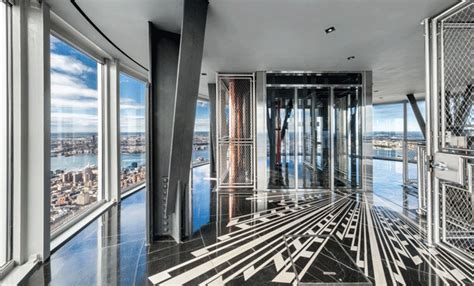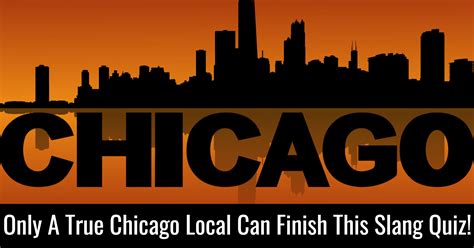Blue laws are laws that restrict certain activities during certain days of the week, usually on Sundays. In New York City, blue laws regulate the sale of certain items, such as alcohol, tobacco, and firearms.
In NYC, there are specific blue laws that govern the sale of alcohol. On Sundays, alcohol cannot be sold, purchased, or consumed in public before noon, except in bars, restaurants, and other establishments that are licensed to sell alcohol. In addition, no alcohol may be sold or served on Christmas Day, Thanksgiving Day, or New Year’s Eve, and all liquor stores must be closed on those days.
Blue laws also restrict the sale of tobacco in New York City. The sale of tobacco products, including cigarettes, cigars, and rolling papers, is prohibited from 12:01AM to 8AM on Sundays. Furthermore, no tobacco products may be sold on Thanksgiving Day, Christmas Day, or New Year’s Eve.
Blue laws also regulate the sale of firearms in NYC. The sale of firearms, ammunition, and related accessories is prohibited on Sundays, except for transactions that are conducted on licensed shooting ranges. Additionally, handgun sales in New York City are prohibited altogether.
In New York City, blue laws can have a significant impact on the sale of certain items. It is important to be aware of the blue laws and their restrictions in order to ensure that businesses are in compliance with the law.
Exploring the NYC Blue Laws
If you’ve ever wondered what the blue laws in NYC are, you’ve come to the right place. Blue laws are laws that regulate various aspects of life, from Sundays to alcohol consumption. In NYC, these laws have been in place for many years, and they have an impact on the way people live their lives.
The blue laws in NYC are a set of rules that govern various activities throughout the city. For example, the blue laws restrict the sale of alcohol on Sundays, and the sale of certain items like cars and electronics. They also regulate the hours of operation for certain businesses, such as bars and restaurants. In addition, they set limits on the number of people who can be in a bar at any given time.
The blue laws were originally instituted in the 19th century as a means of controlling the Sabbath, which was traditionally a time of rest and worship. Over time, the laws have expanded to cover a variety of activities, and while some of them are no longer enforced, others are still very much in effect. For example, it’s still illegal to buy or sell alcohol on Sunday, and the sale of cigarettes is banned after 8 PM on Sundays.
The blue laws in NYC are enforced by the police, who are tasked with monitoring businesses and making sure that they are following the laws. If a business is found to be in violation of the blue laws, they can face fines or even closure. There are also penalties for individuals who are found to be in violation of the laws, such as fines or jail time.
Exploring the blue laws in NYC can be an interesting and educational experience. Many of the laws that are in place today have their roots in centuries-old religious traditions, and understanding these laws can give you a better understanding of the city’s history. Plus, understanding the laws can help you make better decisions when it comes to purchasing items or engaging in certain activities.
In addition to exploring the blue laws, it’s also important to be aware of other laws that may affect your activities in NYC. These laws can include taxes, zoning regulations, and other rules that can change depending on where you live. It’s always a good idea to familiarize yourself with all the laws in your area.
Overall, exploring the blue laws in NYC can help you gain a better understanding of the city and its history. Knowing the laws can also help you make better decisions when it comes to activities like drinking and shopping. The blue laws in NYC are here to stay, so make sure you’re aware of them and know how they affect you and your activities.
From Shopping Restrictions to Restaurant Regulations: Understanding the Blue Laws of New York City
Every state in the United States has its own set of laws, regulations, and restrictions. New York City is no different. One of the most interesting sets of laws in New York City are the blue laws. These laws regulate what sort of activities may take place on Sundays. The blue laws in New York City can be divided into two main types—shopping restrictions and restaurant regulations.
The blue laws in New York City prohibit certain types of shopping on Sundays. Specifically, the following are prohibited: the sale of cars, furniture, jewelry, and clothing. All other types of shopping are allowed. For instance, shopping at drugstores and supermarkets is permitted on Sundays. In addition, department stores and convenience stores are allowed to open on Sundays, though they are limited to specific hours.
The blue laws in New York City also regulate restaurants. Specifically, restaurants are prohibited from serving alcoholic beverages on Sundays. Additionally, restaurants are only allowed to serve food between 6 a.m. and 2 a.m. on Sundays. Any restaurants that attempt to serve alcohol or stay open later than 2 a.m. face fines and potential closure.
For businesses, the blue laws of New York City present an interesting challenge. While some businesses may choose to open on Sundays, the restrictions can make it difficult to do so. In addition to having to abide by the restrictions, businesses also have to contend with the fact that many customers may not be available on Sundays. Businesses that choose to open on Sundays must carefully consider the implications of the blue laws and decide if it is worth the extra effort and cost.
The blue laws of New York City can be confusing and difficult to navigate. However, understanding the restrictions can help businesses make informed decisions about whether or not to open on Sundays. By knowing the restrictions, businesses can make sure that they are in compliance with the blue laws and avoid any potential fines and closures.
 Road Topic Tourism & Travel
Road Topic Tourism & Travel




